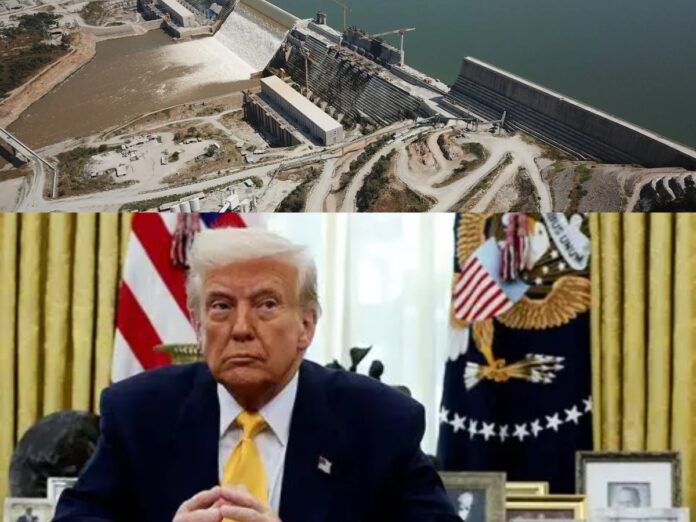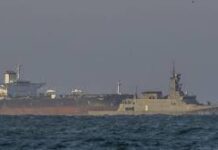By Michelle Ndaga
Ethiopia has inaugurated the Grand Ethiopian Renaissance Dam (GERD), a decades-long project that has stirred intense disputes with downstream countries Egypt and Sudan.
The dam, the largest hydroelectric facility in Africa, is designed to produce up to 6,000 megawatts of electricity, positioning Ethiopia as a major regional power exporter.
Officials in Addis Ababa hail it as a turning point for national development and energy security.
The launch comes with renewed attention to U.S. involvement during Donald Trump’s first presidency, when he openly criticized the project. Trump described the dam as “dangerous” and went as far as suggesting that Egypt could “blow it up” to defend its water security a remark that drew international condemnation.
Despite his administration’s efforts, Washington failed to secure a binding agreement between Ethiopia, Egypt, and Sudan.
Talks over the GERD have spanned years without resolution, with disputes focusing on water allocation, safety guarantees, and the pace of filling the dam’s massive reservoir.
Ethiopia began filling the reservoir in 2020, insisting the project is its sovereign right and promising it would not significantly harm downstream nations.
Prime Minister Abiy Ahmed has defended the project as a symbol of opportunity rather than conflict. “The Renaissance Dam is not a threat, but a shared opportunity,” he told parliament in July, stressing that its benefits extend beyond Ethiopia to the wider region.
Egypt, which depends on the Nile for nearly all of its agricultural and household water, continues to voice concerns that the GERD endangers its survival. Sudan has also raised alarms about potential safety and water management risks.
While Ethiopia celebrates the dam’s economic and energy potential, analysts warn that the absence of a comprehensive agreement could further strain relations along the Nile, one of the world’s most geopolitically sensitive waterways.



















